Altitude Sickness Medication
Last updated: Feb 05, 2026
Altitude sickness medications, often called altitude sickness pills, are used to prevent and
treat symptoms that can happen when you travel to high places. These medications help
reduce the body’s reaction to lower oxygen levels at higher altitudes.
Altitude sickness, also known as acute
mountain sickness, can affect anyone who goes up to high altitudes too quickly,
usually above 2,400 metres (about 7,872 feet).
Some common medications include Diamox (acetazolamide) and
Dexamethasone. With more people going on trekking and climbing trips, it’s important to
understand and prevent altitude sickness before you start your journey.
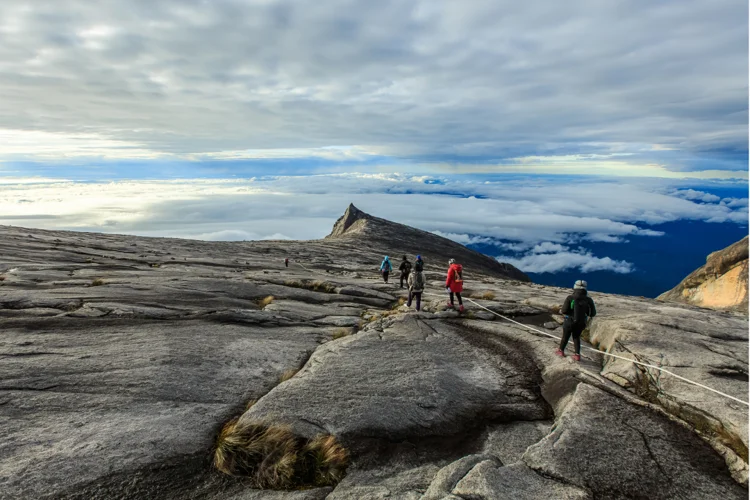
Causes of Altitude Sickness
Altitude sickness is primarily caused by reduced air pressure and lower oxygen levels at high elevations. As the body reacts to less oxygen, there is less available in the tissues, particularly affecting the brain. Rapid ascent without adequate acclimatisation is a major risk factor as the body needs time to adjust to the decreased oxygen availability. Other contributing factors include the altitude reached, individual susceptibility, physical exertion and dehydration.
Altitude Sickness Symptoms
Common symptoms include headaches, nausea, dizziness, fatigue, shortness of breath, and trouble sleeping. Severe forms of altitude sickness can lead to life-threatening conditions like high-altitude cerebral edema (HACE) and high-altitude pulmonary edema (HAPE).
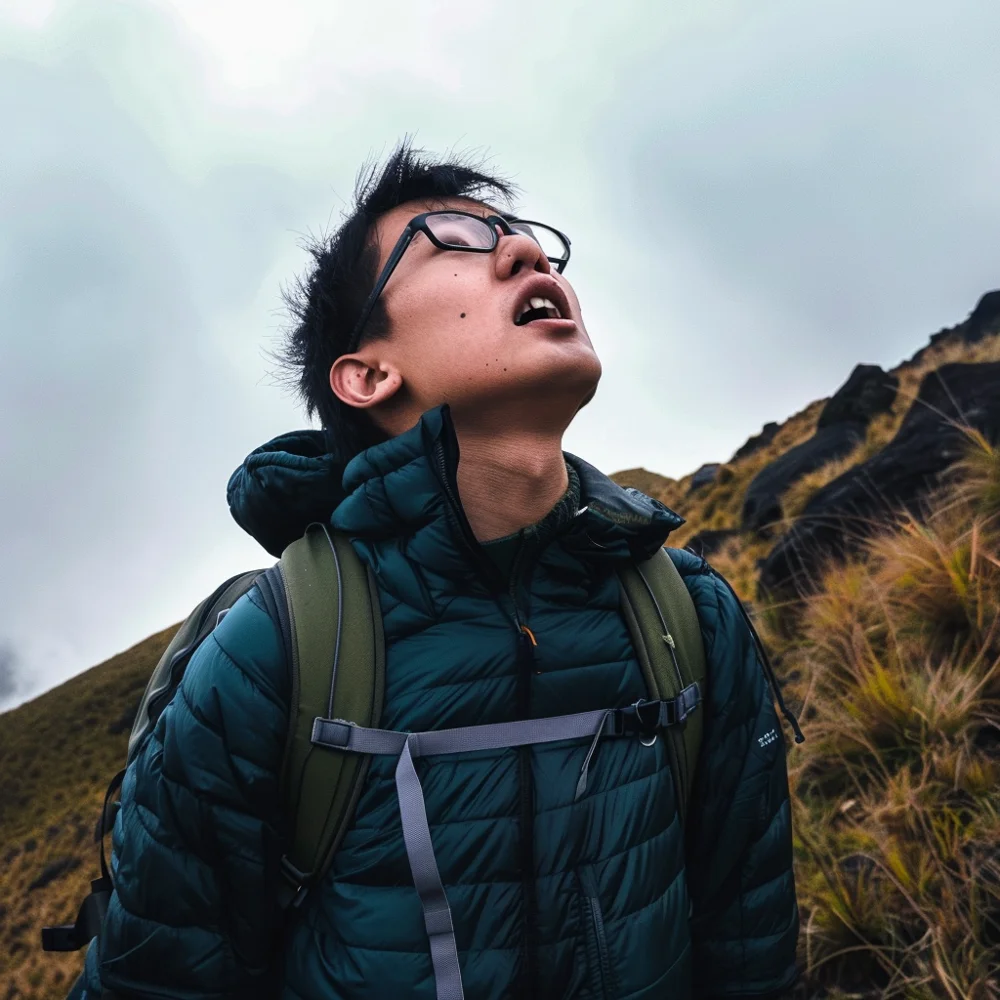
How Altitude Sickness Medication Works
Altitude sickness medication works by helping the body adjust to high altitudes faster. It works by increasing bicarbonate excretion, leading to metabolic acidosis. This process stimulates breathing and enhances oxygen levels in both the lungs and blood. Additionally, it prevents fluid retention, reducing the risk of dangerous fluid buildup in the lungs and brain. These combined effects improve oxygenation and significantly lower the likelihood of experiencing altitude sickness symptoms.
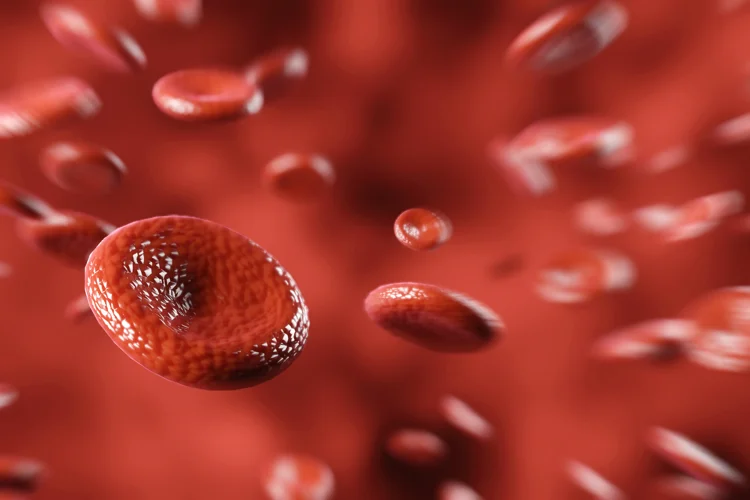
Altitude Sickness Medication Side Effects
Common side effects of altitude sickness medication include tingling, taste changes, drowsiness, dizziness, headache, nausea, vomiting and increased sensitivity to light. Individuals with kidney or liver disease, glaucoma or sulfonamide allergy should inform your doctor as well. Additionally, it can interact with other medications such as aspirin, which may increase its side effects, and anticonvulsants, which could alter the effectiveness of either medication. It is essential to discuss potential side effects with your doctor before starting the medication to ensure safe use tailored to individual health needs and conditions.
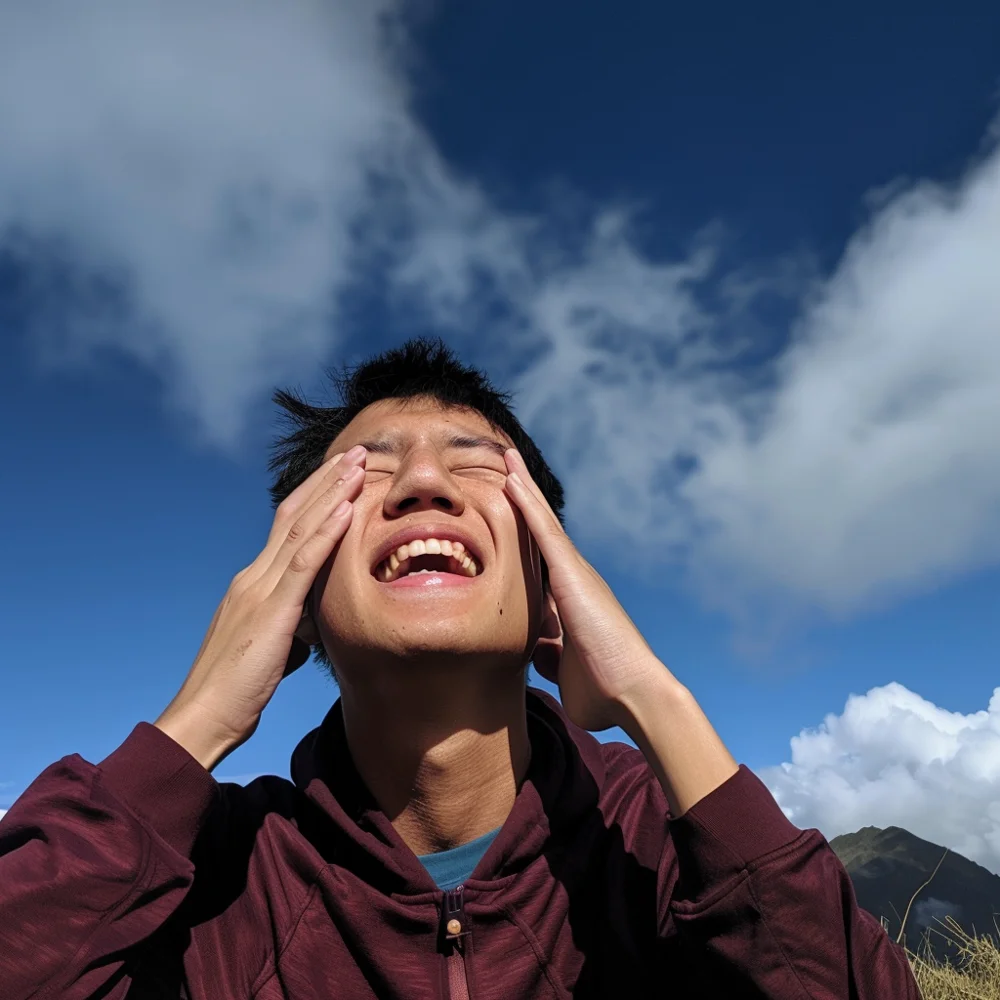
Other Strategies to Prevent Altitude Sickness
Preparing for high-altitude travel is critical to reduce the risk of developing altitude sickness. Besides medications, other common strategies to mitigate altitude sickness can include gradual ascent, proper hydration, avoiding alcohol, and taking time to acclimatise at intermediate altitudes. Combining these strategies with proper medical guidance ensures a comprehensive approach to preventing altitude sickness and safeguarding your health during high-altitude adventures.
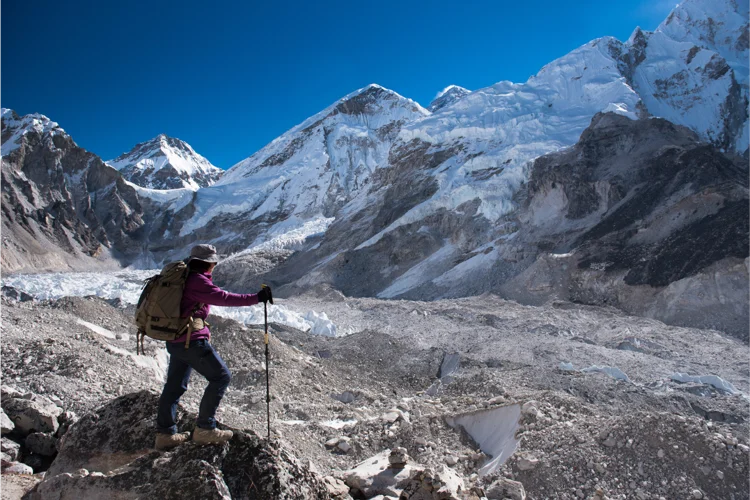
Travel Medicine Kit
Stay prepared wherever you go with our Travel Medicine Kit, curated by our doctors for common travel illnesses.
- Doctor-selected essentials
- Compact and travel-friendly
- $48 (medical kit) or $68 (with first aid kit)
Ideal for solo travellers, group trips, and families.
(No appointment is required — simply walk in to our clinics to get your Travel Medical Kit)
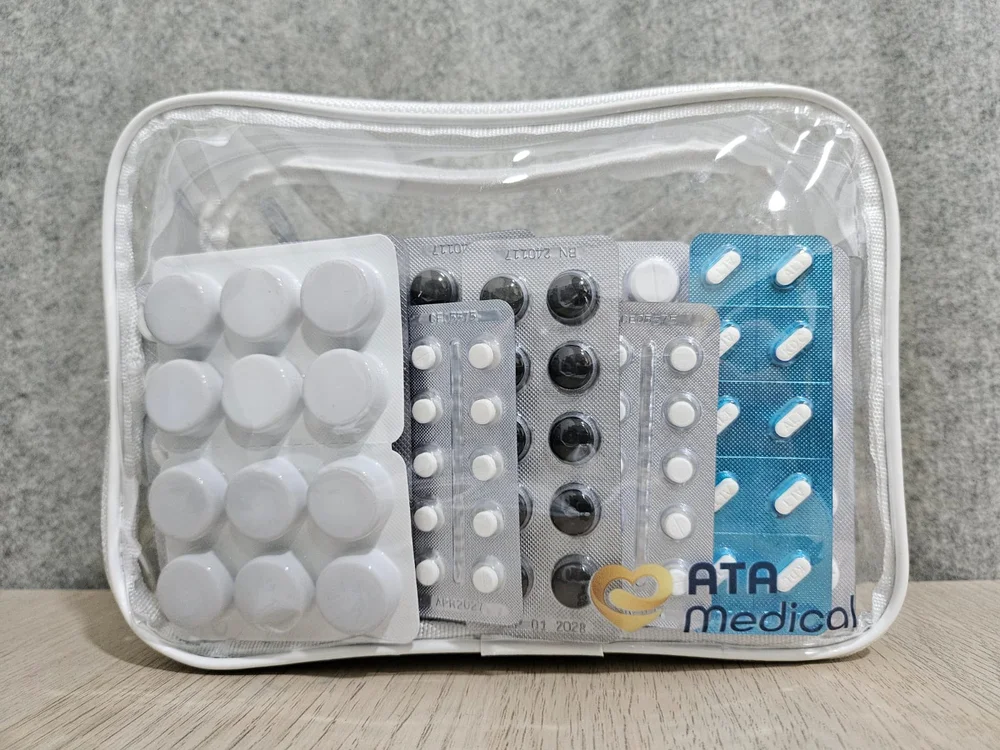
Where to Buy Altitude Sickness Pills in Singapore?
At ATA Medical, we provide consultation and prescription for altitude sickness medication with the prices are as follows:
| Treatment | Price* |
|---|---|
| Consultation | From $49.05 |
| Altitude Sickness Medication (dosage varies depending on factors such as the duration of your travel, destination, personal health, etc.) | $1.31 per tablet |
|
[Optional] Period
Delay Pill (Norethisterone 5 mg) For female travellers who may wish to avoid having their periods during their trips. |
$0.76 per tablet |
| [Optional] Influenza Vaccine | $38.15 / dose |
| [Optional] Typhoid Vaccine | $49.05 / dose |
|
[Optional] High Altitude Fitness Screening** Consultation, BMI, Blood Pressure, Heart Rate, Oxygen Saturation (SpO2), Electrocardiogram, Cholesterol, Fasting Glucose, Creatinine, Full Blood Count & Chest X-Ray |
$175.42 |
| [Optional] Stress Treadmill Test | $218 |
^Prices last updated on Feb 05, 2026. While every effort is made to keep pricing information up to date, please contact our team to confirm the latest rates.
**You may customise your test(s) based on your personal medical history after consultation with our friendly doctor.
Summary
Altitude sickness medications can help prevent and manage symptoms of high-altitude travel by promoting faster acclimatisation, allowing for safer and more comfortable journeys to high elevations. However, understanding and addressing potential side effects is essential for safe use. If you are planning high-altitude travel, schedule an appointment today to consult a doctor to discuss appropriate preventative measures for altitude sickness tailored to your individual needs.
How Do I Book an Altitude Sickness Medication Appointment?
ATA Medical @ Orchard
Nearest MRT: Orchard Boulevard Station (TE13)
Contact Number: 6223 0682
Email: camden@atamed.sg
Opening Hours:
Mon - Fri: 8:30 AM to 12:30 PM, 1:30 PM to 5:30 PM
Sat: 8:30 AM to 12:30 PM
Sun & PH: Closed
ATA Medical @ Tanjong Pagar
Nearest MRT: Tanjong Pagar Station (EW15)
Contact Number: 6223 0682
Email: hi@atamed.sg
Opening Hours:
Mon - Fri: 8:30 AM to 12:30 PM, 1:30 PM to 5:30 PM
Sat: 8:30 AM to 12:30 PM
Sun & PH: Closed
ATA Medical @ Jurong
Nearest MRT: Jurong East MRT Station (NS1/EW24)
Contact Number: 6348 6292
Email: jurong@atamed.sg
Opening Hours:
Mon - Fri: 8:30 AM to 12:30 PM, 1:30 PM to 5:30 PM
Sat: 8:30 AM to 12:30 PM
Sun & PH: Closed


